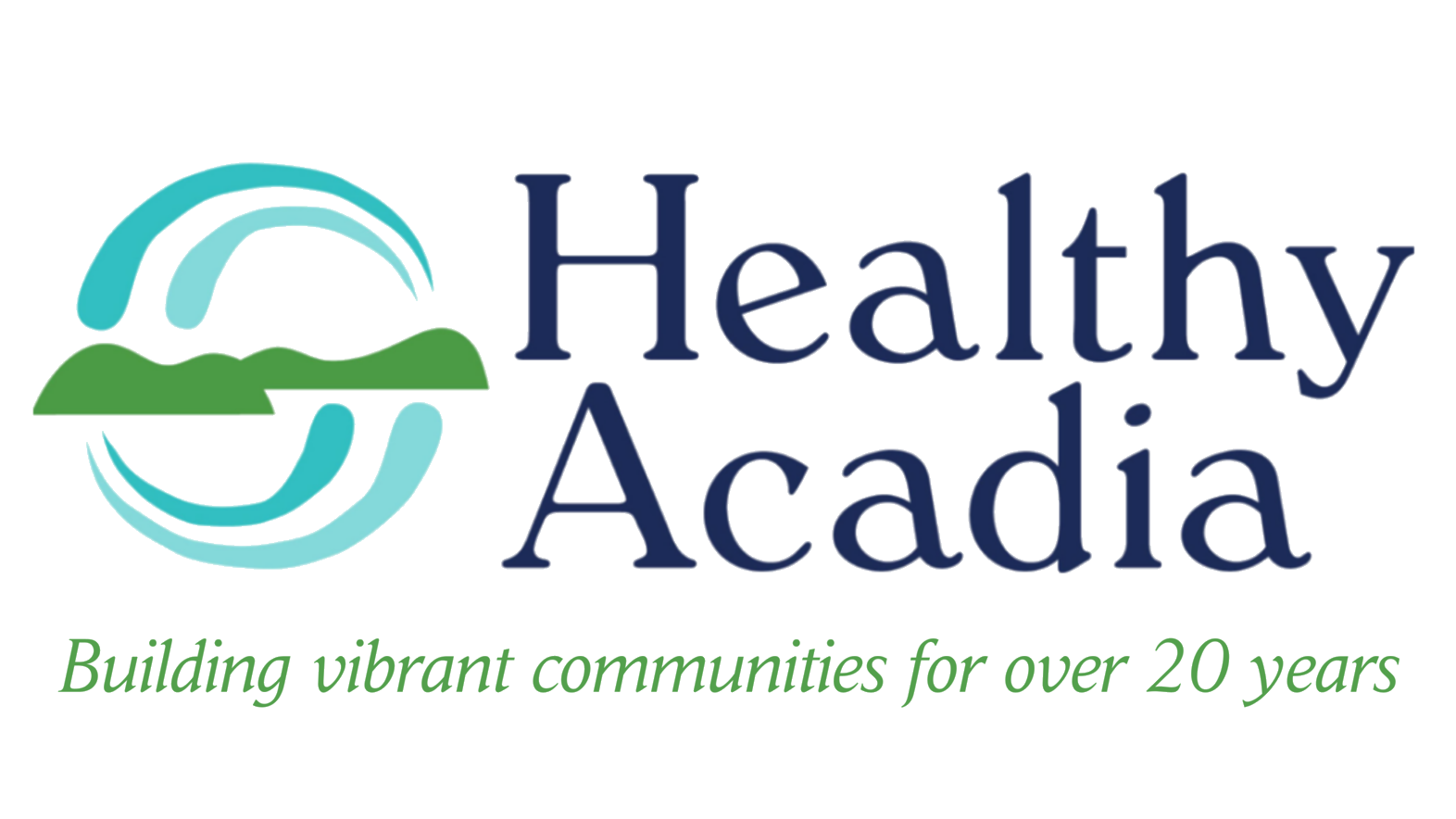Whole Foods - What are They?
Guest post by Isidora (Isi) L. Muñoz Segovia, Maine SNAP-Ed Nutrition Educator
Are you looking to improve your diet and overall health? One of the simplest ways to do so is by incorporating whole foods into your meals. Most of us have heard this advice before, so what exactly are whole foods, and why are they so important? Let's take a closer look at one particular example: whole grains.
First of all, what are whole foods? Essentially, they are foods that have not been processed or altered in any significant way. Common examples include fruits, vegetables, nuts, beans, fish, and whole grains. Unlike processed foods, whole foods contain all of their original nutrients and are not loaded with added sugars, fats, and salt. As a result, consuming whole foods can help to reduce your risk of developing chronic diseases.
So, what makes whole grains so special? Whole grains are more complex than their refined counterparts, which means they offer more nutrients and health benefits. Each grain is made up of three main parts: the bran, the endosperm, and the germ.
The bran is the outer layer of the grain and is rich in fiber, B vitamins, iron, copper, zinc, magnesium, and antioxidants. The endosperm is the largest part of the grain and contains carbohydrates, protein, and some B vitamins and minerals. The germ is the smallest part of the grain and is where growth occurs. It contains healthy fats, vitamin E, antioxidants, and other nutrients.
The natural layers in whole grains provide a significant source of fiber, which can help slow down the breakdown of starch into glucose. This can prevent sharp spikes in blood sugar levels and also help prevent small blood clots and lower cholesterol levels.
Overall, incorporating whole foods like whole grains into your diet can provide many health benefits. By choosing unprocessed, nutrient-rich foods, you can help ensure that your body is getting the nutrients it needs to function at its best. So, the next time you're at the grocery store, make a conscious effort to choose whole foods over processed options. Your body will thank you for it!
Healthy Acadia’s Maine SNAP-Ed Nutrition Educators offer year-round cooking and nutrition classes in partnership with schools and organizations throughout Hancock and Washington counties. To learn more or schedule a class, contact Mandy or Shannon in Washington County, and Isi or Lizzie in Hancock County.
Some of the information in this article is informed from the Harvard School of Public Health, the Foundation Health Partners, and the NYC Health website.

